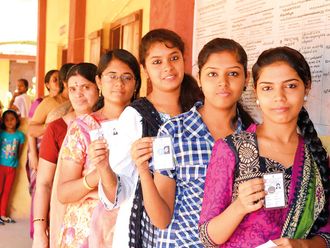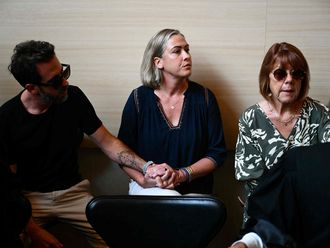New Delhi: Advocating the need for installation of the indigenised Train Collision Avoidance System (TCAS), the cash-strapped railways on Saturday said it is a cost effective solution for preventing accidents.
TCAS, is an indigenised system developed by Research Design and Standards Organisation (RDSO), the railways’ research arm, is operational between Hyderabad and Wadi in south India on a trial basis, Railway Board Member (Electrical), Kul Bhushan, said, in a seminar here.
Hoping the indigenised system is likely to be a “game changer” in days to come, Bhushan said “the TCAS could become Indian Train Control System in future.”
He said eight Indian companies have been shortlisted for the development of the system, out of which three are involved in the trial phase.
While the TCAS cost about Rs100,000 per km, the other available system - Train Protection Warning System (TPWS) - an European technology, cost about Rs800,000 per km.
“The system is a cost-effective solution for railways. There will be two benefits from the TCAS. First, if the loco pilot jumped the red signal then it will apply emergency brake and stop the train. Secondly if the train derails then trains coming from either side will be automatically stopped,” Electrical Member said.
There is an urgent need for introduction of effective preventive measures to mitigate the risk of jumping signal and over speeding by loco pilots of trains leading to accidents.
“The technical optimisation in the TCAS will be complete in a few months from now and a decision will be taken soon to extend the system on other routes,” he said.
There are technologies emerging on safety enhancement of train operation world over and the requirement of higher safety for Indian rail operation is also not less since railways is going for semi-high speed and high speed train.
Bhushan said Indian Railways has currently 65,000km route and out of which about 60,000km are in block signalling system and rest of the route are on automatic signalling system.
“While TPWS can be effective on the automatic signalling route, TCAS can be installed on block signalling route depending upon its successful trial,” he said.
Railways, he said, is exploring various innovative measures to procure electricity at a reduced tariff.
“In order to contain the expenditure on fuel which has been estimated to be about Rs3.5,176 billion during the current finance year, railways is taking various initiatives like progressive railway electrification on important and busy routes,” Bhusan said.
He also affirmed railways stand to focus on harnessing green energy both solar and wind on a very large scale including on available roof-top spaces of stations and buildings.












